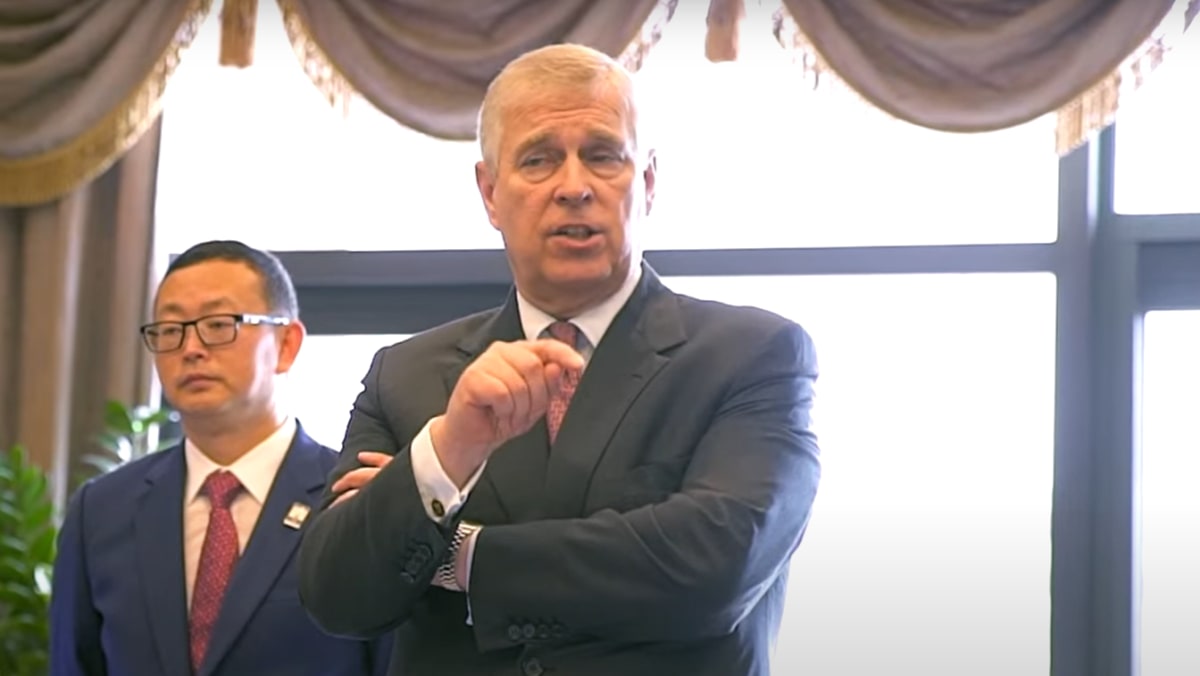SEOUL : South Korea’s state pension fund will ease foreign exchange rules to minimise the market impact from its buying of dollars for overseas investments, the welfare ministry said on Thursday.
The National Pension Service (NPS) will relax the limit on the amount of foreign exchange it can procure in advance to $6 billion per quarter and $3 billion per month, from the current $1 billion per month.
The change will come into effect from October, according to the ministry in charge of overseeing the fund’s investment policies.
The NPS, the world’s third-largest public pension fund, has been actively raising investment in foreign assets in recent years for higher returns, a move which is often cited by market players as a major structural factor weighing on the won currency.
In June, South Korea’s foreign exchange authorities expanded a currency swap line with the NPS to $50 billion from $35 billion so that the pension fund can borrow dollars from the central bank instead of going to the onshore market.
The ministry also said after a regular policy meeting that the NPS would start to engage with foreign firms as a shareholder for management work from next year, which it had been already doing since 2019 with domestic companies for social responsibility and long-term investment returns.
The NPS held 1,147.0 trillion won ($863.54 billion) in assets as of the end of June, with 55.1 per cent of the total in foreign assets.
The won has weakened 4 per cent against the dollar so far this year, extending losses for a fourth consecutive year.
($1 = 1,328.2500 won)













